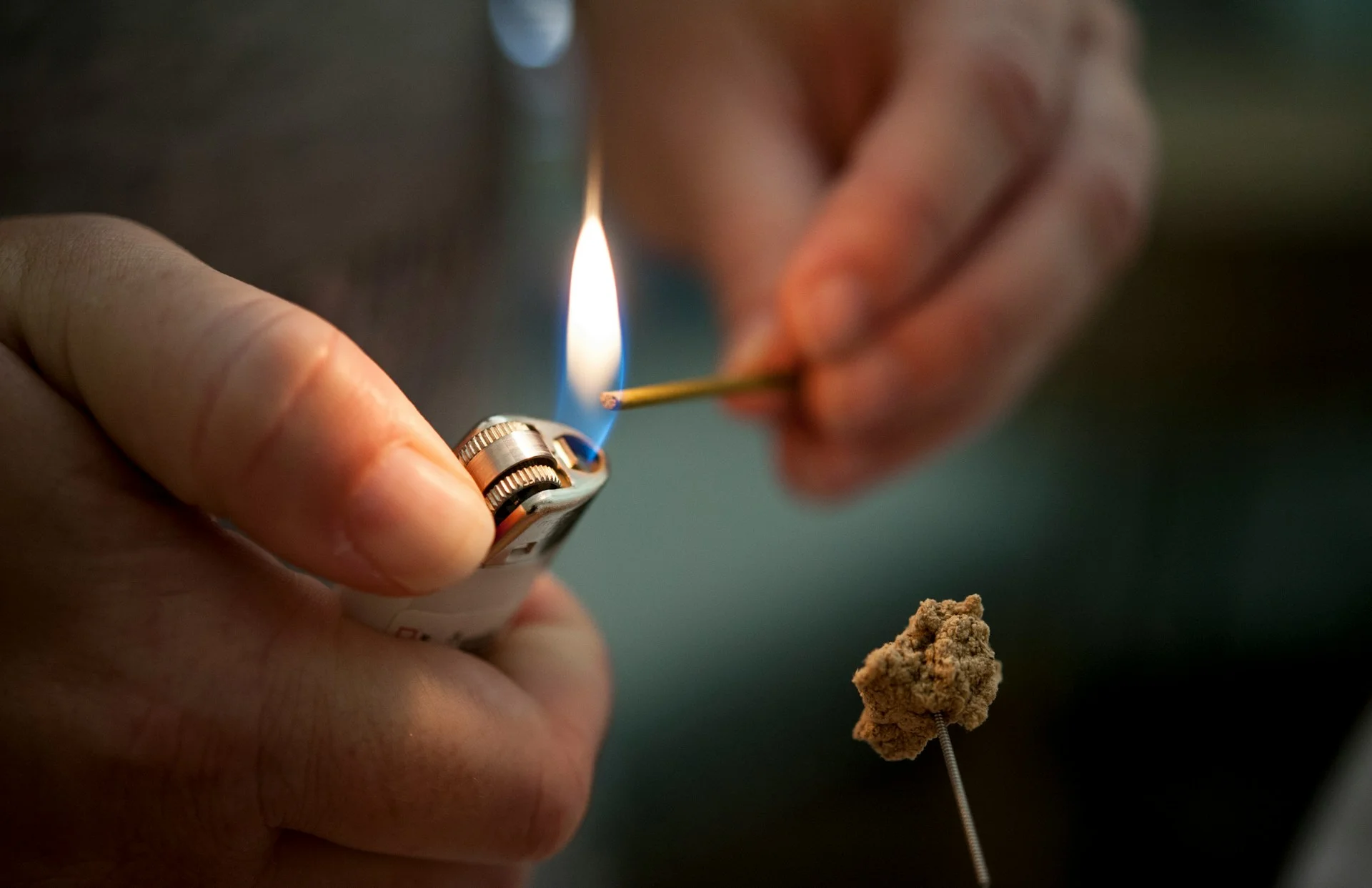Dry Needling vs Acupuncture: What You Need to Know
When considering options for pain relief and overall wellness, the debate of dry needling vs acupuncture often arises. At Red Leaf Wellness, we specialize in acupuncture, a regulated discipline with a long-standing history of efficacy and safety.
Acupuncture, a cornerstone of Traditional Chinese Medicine, offers a time-tested, holistic approach to health and wellness. In contrast, dry needling emerged more recently as a technique rooted in Western medicine, primarily used to relieve muscle tension and trigger points.
Under Alberta’s Health Professions Act (HPA), dry needling falls within overlapping scopes of practice and is not limited to a single profession.
Acupuncturists, however, undergo specialized, comprehensive training in Traditional Chinese Medicine and acupuncture techniques. They must pass rigorous national written and practical exams to earn the protected title of “Registered Acupuncturist” in Alberta, as regulated by the College and Association of Acupuncturists of Alberta.
While both acupuncture and dry needling involve the insertion of fine needles, acupuncture extends far beyond musculoskeletal applications. It addresses the body as a whole, balancing energy systems and promoting overall wellness. This blog will explore the key differences between these practices and why acupuncture offers a more holistic approach to long-term health and well-being.
What is Acupuncture? Ancient Healing with Modern Benefits
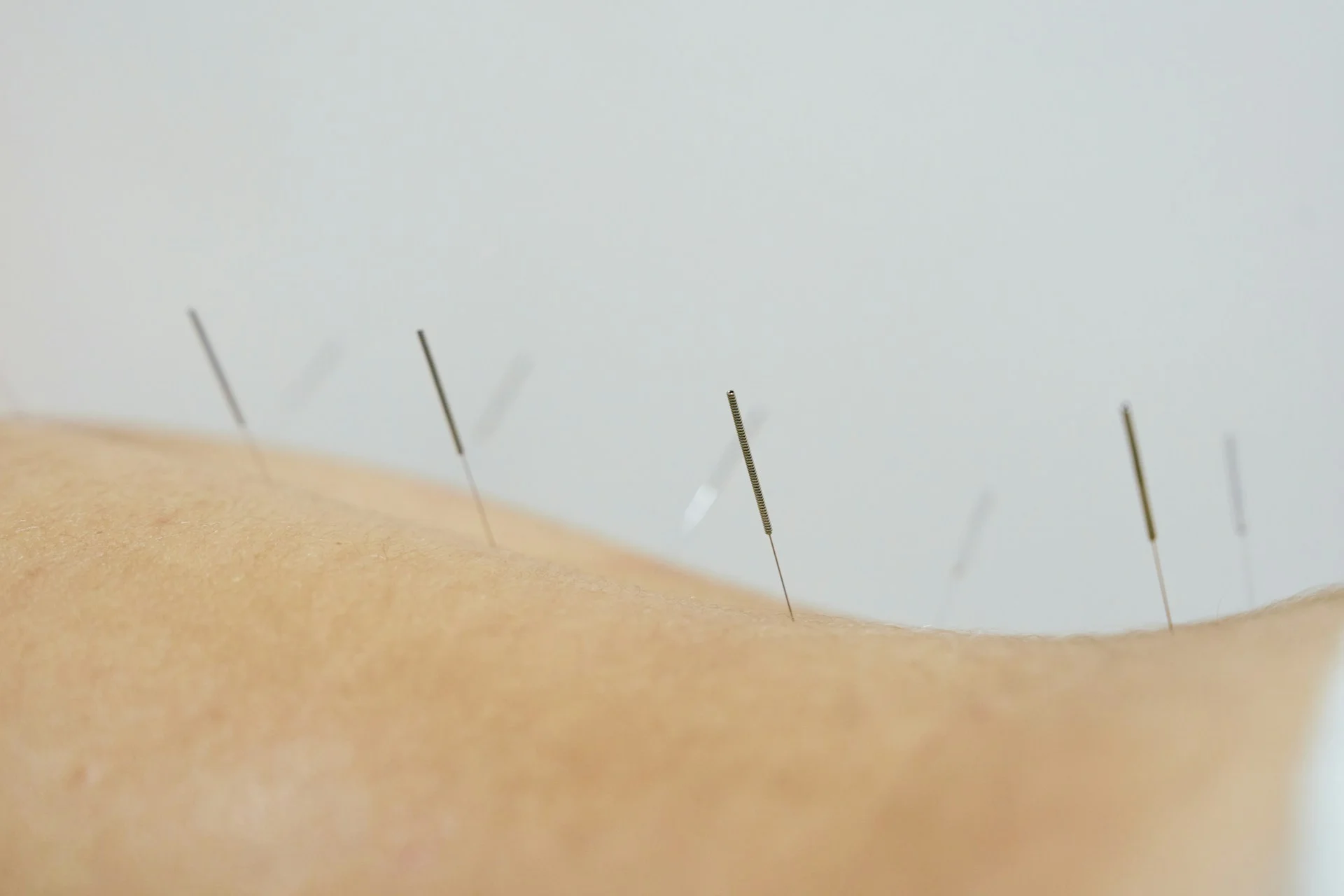
Acupuncture has been practiced for over 2,000 years, making it a cornerstone of acupuncture Canada. This ancient practice involves the use of fine acupuncture needles, which are inserted into specific points along the meridians of the body. These pathways guide the flow of Qi (vital energy), promoting healing, balance, and overall wellness.
In terms of focus in dry needling vs acupuncture, dry needling targets trigger points in muscles, acupuncture addresses a wide range of physical, emotional, and mental health issues, offering a more comprehensive solution.
Check out our integrative care programs with acupuncture.
The Difference Between Acupuncture and Dry Needling: A Holistic vs Targeted Approach
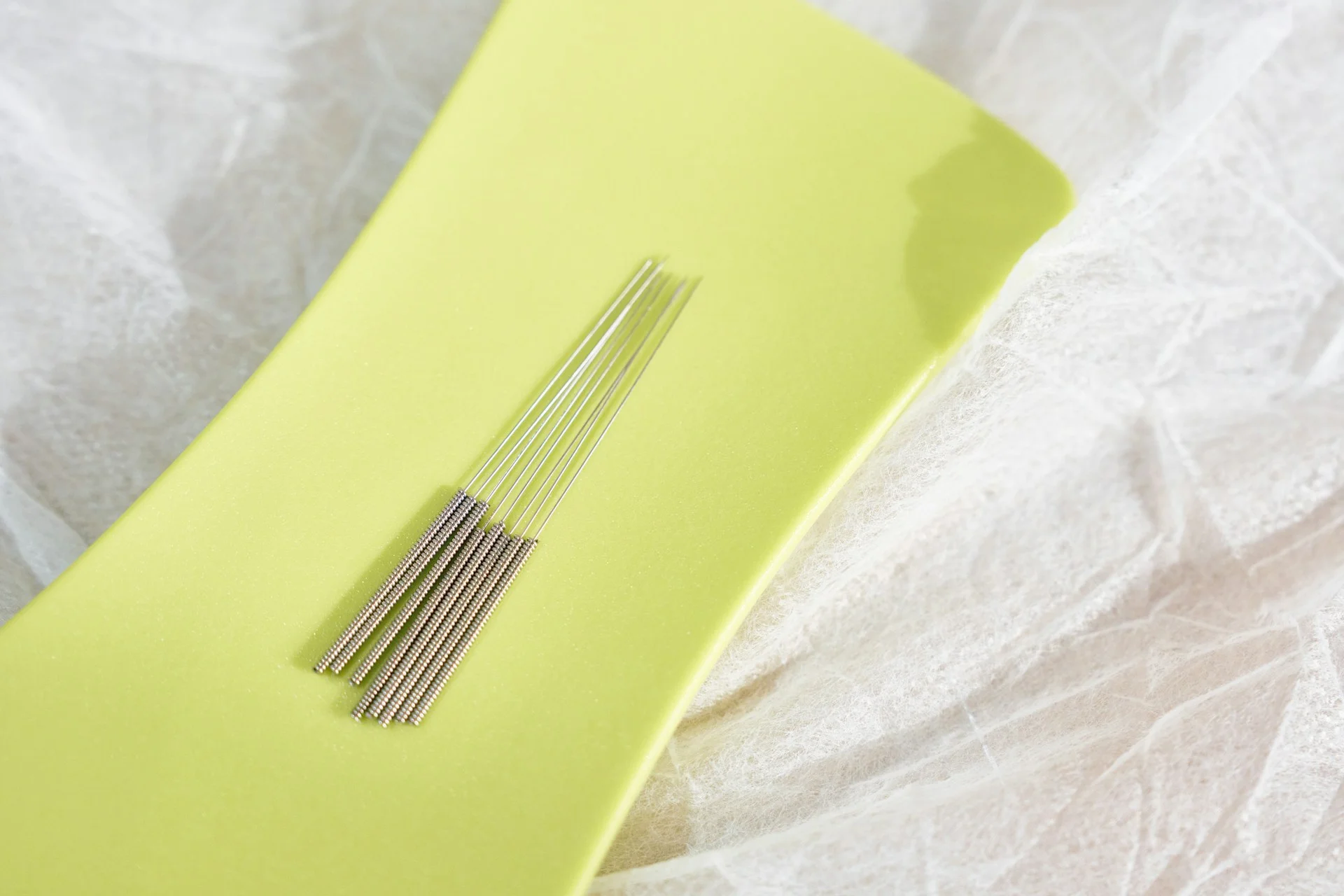
The difference between acupuncture and dry needling lies in their origins, techniques, and purposes.
- Acupuncture: A regulated practice deeply rooted in the best of Chinese medicine. Acupuncturists undergo extensive training and certification under organizations like the acupuncture foundation of Canada, ensuring safe and effective treatments.
- Dry Needling: A relatively newer technique performed by various regulated health professionals, including physiotherapists, chiropractors, and nurses, provided they meet the standards set by their respective regulatory colleges. While it focuses on muscle trigger points, it lacks the holistic approach and regulation that acupuncture offers.
When comparing dry needling vs acupuncture, acupuncture’s regulated, evidence-based approach makes it the superior choice for treating a broader range of conditions.
Dry Needling VS Acupuncture Needles
Both acupuncture and dry needling rely on thin, stainless steel needles, but their history and application differ significantly. Acupuncture needles date back over 2,000 years and are central to the best of Chinese medicine. They are designed for precise, painless insertion at specific points to stimulate energy flow and promote healing.
In contrast, needles for dry needling are slightly thicker and focus on muscular trigger points. Developed in the 20th century, dry needling emerged from Western medicine’s approach to localized pain relief. While effective for certain conditions, it lacks the holistic framework of acupuncture, which treats the root causes of imbalance rather than just symptoms.
Uses of Acupuncture: A Regulated and Versatile Discipline
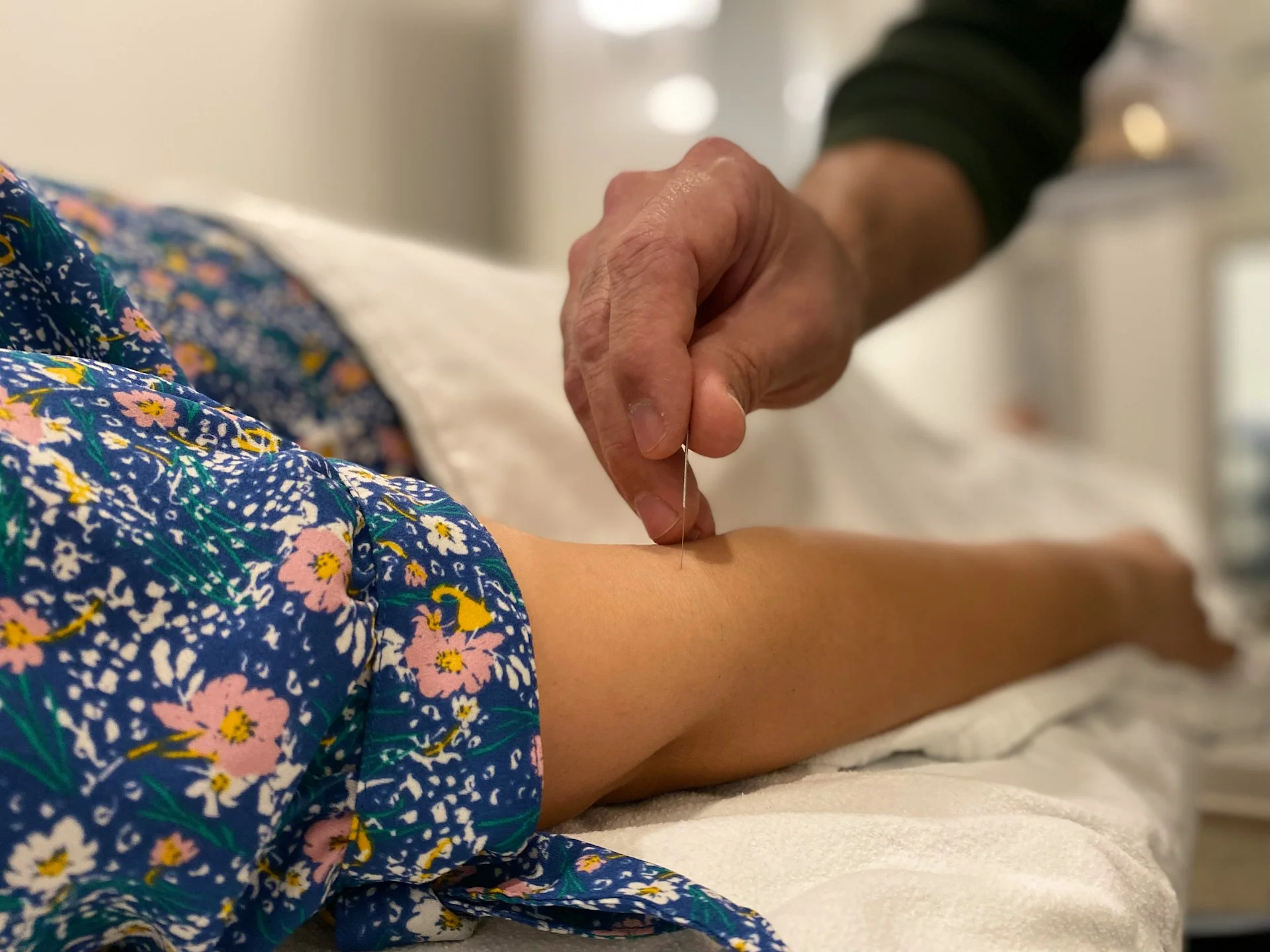
Acupuncture stands out as a regulated, holistic treatment offering an extensive range of applications that address physical, emotional, and mental well-being. At Red Leaf Wellness, our approach combines acupuncture needles with the principles of the best of Chinese medicine, delivering highly effective care tailored to individual needs. Here’s a closer look at its diverse uses:
Pain Management
Acupuncture is renowned for its ability to alleviate chronic and acute pain. Whether it’s acupuncture for lower back pain, migraines, arthritis, or fibromyalgia, this technique targets pain points along the meridians of the body, promoting blood flow and releasing endorphins.
Unlike needles for dry needling, which focus on localized muscle trigger points, acupuncture offers a broader, holistic solution to pain relief. It addresses both the symptoms and their root causes.
Stress Reduction
Modern life often brings high levels of stress, leading to physical and emotional imbalances. Acupuncture is an effective stress management tool, balancing cortisol levels and calming the nervous system.
This regulated discipline is particularly beneficial for those dealing with anxiety and depression, offering a natural alternative to medication. Compared to dry needling benefits, acupuncture goes beyond muscle relaxation to improve emotional resilience and mental clarity.
Sleep Improvement
If you’re struggling with insomnia or restless nights, acupuncture can be a game-changer. By stimulating key points associated with relaxation and sleep cycles, this therapy promotes restorative rest.
While acupuncture benefits include better sleep quality, addressing underlying issues like stress and energy imbalances makes the results even more impactful. Additionally, our clinical hypnotherapy offers an alternative effective insomnia solution.
Digestive Health
Digestive issues such as IBS, bloating, acid reflux, and constipation are common problems that acupuncture can effectively manage. By targeting specific energy pathways, this therapy restores balance to the digestive system, improving both comfort and functionality. The holistic approach of acupuncture makes it an excellent alternative to medications, which often come with side effects like bloating or fatigue.
Hormonal Balance
Acupuncture is particularly beneficial for hormonal health, making it a go-to treatment for fertility and menopausal symptoms. Acupuncture and pregnancy induction are well-known uses, as well as helping regulate menstrual cycles, reduce stress, and improve blood flow to reproductive organs. For those dealing with PMS or hot flashes, acupuncture offers a natural and effective solution.
Skin Rejuvenation
Cosmetic acupuncture is a rising trend for those seeking natural ways to enhance their skin’s appearance. By improving collagen production and circulation, acupuncture reduces fine lines, wrinkles, and puffiness. The visible benefits are evident in facial acupuncture before and after results, where patients report a healthier, more radiant complexion.
Family Health
Acupuncture’s versatility extends to all age groups, making it an excellent choice for family acupuncture. From managing children’s sleep issues to addressing seniors’ chronic pain, this therapy provides a safe and gentle approach to holistic health care. Whether treating digestive concerns, allergies, or general wellness, acupuncture offers tailored solutions for everyone in the family.
Acupuncture’s diverse applications highlight its ability to provide comprehensive care, making it a superior choice when compared to dry needling vs acupuncture. As a regulated and time-tested discipline, it continues to be a trusted method for improving health and achieving balance.
Acupuncture Benefits vs Negative Side Effects of Dry Needling
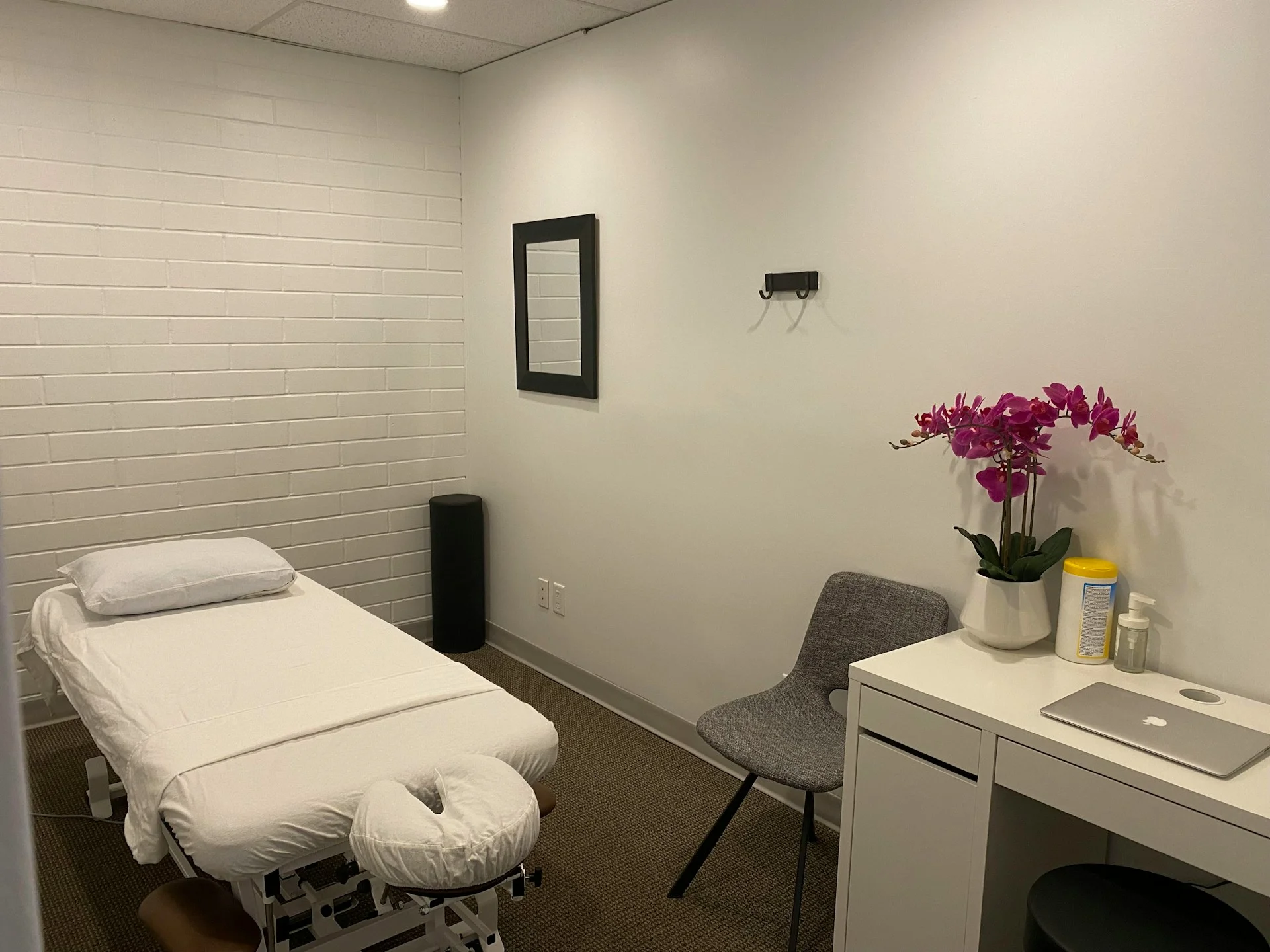
One of acupuncture’s most significant advantages is its safety. When performed by a licensed professional, risks are minimal. Commonly reported acupuncture benefits include pain relief, improved circulation, and balanced energy flow. Minor side effects, such as acupuncture bruises, are rare and temporary.
On the other hand, negative side effects of dry needling may include soreness, bruising, and rare complications like pneumothorax (collapsed lung). The lesser skilled nature of dry needling increases these risks, making acupuncture a safer alternative.
The Acupuncture Process: What to Expect
Acupuncture sessions are tailored to each individual’s needs. After an initial consultation, practitioners use an acupuncture points chart to identify areas requiring attention. The insertion of acupuncture needles is virtually painless, stimulating the body’s natural healing processes.
For example, if you’re struggling with stress or anxiety, the practitioner will focus on meridians of the body linked to emotional health. Similarly, chronic pain is addressed by treating points that improve circulation and reduce discomfort.
Check out this blog to see what types of detox symptoms some patients experience after an acupuncture session.
Dry Needling vs Acupuncture: Why Acupuncture Stands Out
When weighing dry needling vs acupuncture, acupuncture stands out for several reasons:
- Regulated Practice: Acupuncturists are always licensed professionals trained in acupuncture needling techniques.
- Holistic Approach: Acupuncture addresses root causes and symptoms, unlike types of needling that target muscular issues alone.
- Versatility: Acupuncture treats a wide range of conditions, from chronic pain to skin rejuvenation and PCOS support.
Choosing a Practitioner: Safety First
Choosing the right practitioner is essential for a safe and effective experience. Acupuncture is a regulated discipline across Canada and within Alberta, ensuring that licensed professionals meet high standards of training and care.
In contrast, the lack of dry needling regulation in some jurisdictions means that training and qualifications can vary widely, increasing the risk of complications. Always opt for a licensed acupuncturist for peace of mind and optimal results.
FAQs About Dry Needling vs Acupuncture
Is dry needling the same as acupuncture?
No. While both use needles, the answer to “is dry needling same as acupuncture” lies in their approaches. Acupuncture is a holistic, regulated practice, while dry needling is a newer, unregulated technique targeting muscles.
How do I know if acupuncture is working?
Signs include reduced pain, improved sleep, and better overall energy. Visit our guide on how to know if acupuncture is working.
What are the benefits of acupuncture?
The top 10 benefits of acupuncture include pain relief, stress reduction, and improved digestive health.
What are the risks of dry needling?
Negative side effects of dry needling can include soreness, bruising, and rare complications like pneumothorax.
Conclusion: Choose Acupuncture for Holistic Healing
When weighing dry needling vs acupuncture, the choice becomes clear: acupuncture offers a regulated, time-tested, and holistic approach to health and wellness. At Red Leaf Wellness, our highly trained practitioners combine the wisdom of the best of Chinese medicine with modern techniques to provide personalized care that addresses your unique needs.
Ready to experience the transformative power of acupuncture? Whether you’re seeking relief from chronic pain, glowing results from facial acupuncture, or holistic care for the entire family, we’re here to help.
Take the next step toward better health today—Book your appointment with Red Leaf Wellness and discover how acupuncture can help you achieve lasting balance and vitality.


